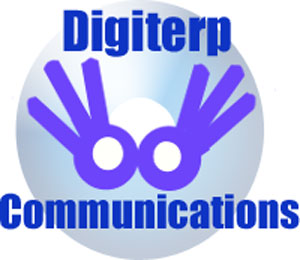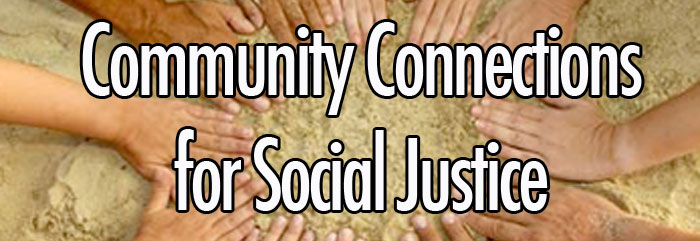Duluth Community Conversations on Minnesota’s Ethnic Councils, Nov. 12 at 7 PM
Councils on Asian-Pacific Minnesotans, Black Minnesotans, Chicano/Latino People, and Indian Affairs.
DULUTH, MN – The Minnesota Department of Human Rights will host a Community Conversation on Minnesota’s Ethnic Councils to discuss how to best maximize the positive impacts of Minnesota’s Ethnic Councils.
Minnesota’s four ethnic councils were evaluated in a Minnesota Office of the Legislative Auditor report in March 2014. Following the report, the Minnesota Legislature tasked MDHR to conduct community outreach regarding the role of Minnesota’s ethnic councils. This is the first of several meetings throughout Minnesota.
Who – Educators, Community groups, Students, Advocates, Businesses and anyone interested in the positive impacts of Minnesota’s ethnic councils in preparing for Minnesota’s changing demographics.
What – The forum will offer the opportunity to address your community needs, learn about Minnesota’s ethnic councils and discuss your thoughts on the ideal role, organizational structure and the priorities for the ethnic councils.
When – Thursday, Nov. 12, 2014 7 p.m.
Where – Duluth City Hall, Room 303
411 West First Street
Duluth, MN 55802
Day-of-Event Contact: Christine Dufour, 651.231.6531
For more information about the Minnesota ethnic councils and other Minnesota Department of Human Rights events, visit mn.gov/mdhr or follow us on Twitter at @mnhumanrights.
Evaluation Report Key Facts and Findings:
Between 1963 and 1985, the Legislature created four minority councils: the councils on Asian-Pacific Minnesotans (CAPM), Black Minnesotans (COBM), Chicano/Latino Affairs (CLAC), and Indian Affairs (MIAC).
The four councils have not been adequately integrated into state policy making. Statutes set forth various duties for the councils—most of which involve advising state policy makers and acting as liaisons, but the councils’ overall purposes are unclear. Over the last few years, the councils have done a poor job setting specific objectives and identifying outcome measures to assess the impact of their activities. Although the councils share similar concerns and duties, there has been little substantive collaboration among them. The Governor has not always appointed council members in a timely manner nor in accordance with state law, and members’ attendance at meetings has often been a problem. Communication between the councils and the organizations that work with their constituencies has been inadequate.
http://www.auditor.leg.state.mn.us/ped/2014/councils.htm
###
Editor’s Note – MDHR Commissioner Kevin Lindsey will be available for an interview prior to the meeting to discuss the Community Conversations, MDHR Legislative Outlook for 2015, and discuss issues on Equal Pay, Streamline Certification, ‘Ban the Box.’
Minnesota Department of Human Rights, Communications Department
Freeman Building, 625 Robert Street North, Saint Paul, MN 55155
www.mn.gov/mdhr, MDHR YouTube channel
Christine Dufour | Director of Communications & Community Relations
MINNESOTA DEPARTMENT OF HUMAN RIGHTS
651.539.1118 (Office) | 1.800.657.3704 (Toll Free)
651.296.9042 (Fax) | 711 or 1.800.627.3529 (MN Relay)
Freeman Building
625 Robert St N
Saint Paul MN 55155
Our mission: to make Minnesota discrimination free. | mn.gov/mdhr

